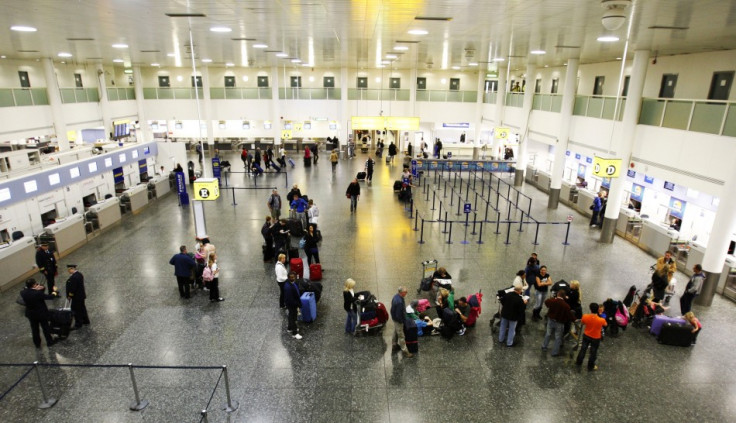Gatwick Airport Paid No Corporation Tax in Three Years

London's Gatwick airport paid no corporation tax for three consecutive years despite making £638m in profit before tax.
A spokeswoman for Gatwick defended the zero tax bill.
"Whilst year on year we have lessened our financial losses we have yet to make a profit after tax. As a result the airport has not paid corporation tax," she told IBTimes UK.
"Our current £1.2bn (€1.4bn, $1.9bn) capital investment programme and existing asset base, together with the associated debt structure, result in depreciation and interest costs which reduce our operating profits to a loss before tax.
"This investment has allowed us to invest in world class facilities for airlines and passengers ensuring that service levels remain unparalleled compared to Heathrow and Stansted."
Gatwick has seen a complete resurfacing of its runway and taxiways and is updating many of its facilities, such as the North Terminal's retail space.
In the 2012/13 year, Gatwick Airport made £227.1m profit before tax, a 2.5% increase, as it benefited from flights to new destinations in China, Russia, Indonesia, and Turkey.
Despite this, it reported a net financial loss of £29.1m, citing asset depreciation and £226.7m of capital investment in the year.
Corporation tax is only levied on a company's net profit. In the UK the corporation tax rate is 23%.
Under UK tax law, corporations can claim tax allowances on certain purchases or investments made on business assets.
While a company cannot directly deduct expenditure on those assets when calculating profits or losses, instead it can deduct a capital allowance. Certain types of plant and machinery are included in this clause.
Infrastructure investments are a legal and legitimate way of claiming tax allowances. However companies using this tax allowance system have fallen foul of growing public and government anger with huge companies paying little or no tax.
In April, RWE npower admitted that it paid no UK corporation tax between 2009 and 2011. It justified the non-payment by saying it had invested billions of pounds into building infrastructure and power plants and creating jobs in Britain.
"If this country wants to get £110bn of capital invested then you are going to need to allow people that deductibility," the company told lawmakers.
US-based coffee giant Starbucks has paid corporation tax in the UK for the first time in five years, after a high-profile campaign by protesters and G8 leaders against tax avoidance.
According to government data, tax avoidance costs the UK £5bn a year. Campaign group UK Uncut estimates that clever accounting rules and complex tax avoidance schemes cost Britain £12bn annually.
© Copyright IBTimes 2025. All rights reserved.






















